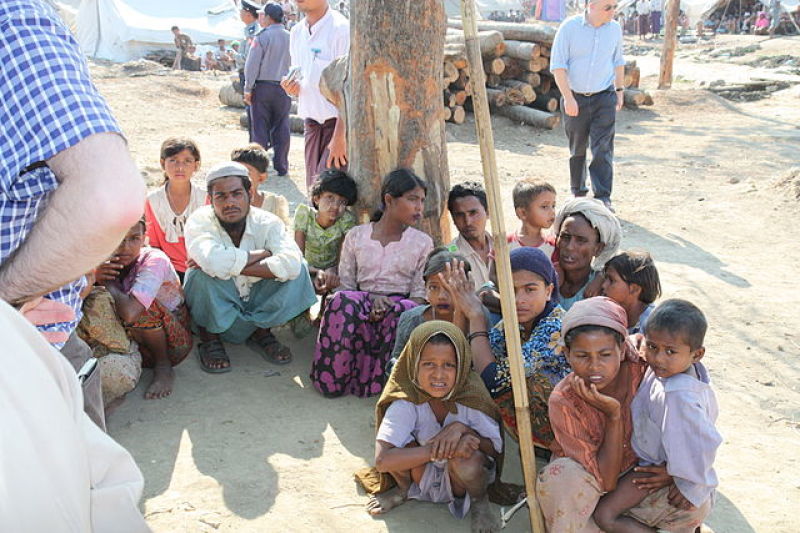
The UN and Christian human rights groups have called on the Burmese government to amend the 1982 Citizenship Law which discriminates against minority groups and hinders freedom of religion, according to the human rights groups.
The United Nations Human Rights Council (UNHRC), Christian Solidarity Worldwide (CSW), and Jubilee Campaign have signed a joint statement asking the government to repeal or amend the law which is biased against the Muslim Rohingya and is detrimental to freedom to practice religion.
At a separate HRC event, a panel comprising individuals who affiliate with different religions including Buddhists, Muslims, and Catholics discussed the religious rights situation in Burma.
Cardinal Charles Maung Bo, who was present at the occasion, said: "Whatever the perspectives - and there are, within my country, a variety of perspectives - about the origin of the Rohingya people, there cannot be doubt that those who have lived in Myanmar for generations have a right to be regarded as citizens, and that all of them deserve to be treated humanely and in accordance with international human rights."
"We desperately need to work to defend rights without discrimination, to establish equal rights for all people in Myanmar, of every ethnicity and religion," he said. "We have a chance - for the first time in my lifetime - of making progress towards reconciliation and freedom as a nation."
UNHRC and the Christian groups released the statement when Burma was undergoing its universal periodic review (UPR), where the UN and international community reviews human rights records of the country. The Burmese government accepted only 135 of the human rights recommendations, and excluded those which concerned rights of Muslim Rohingya and others which were crucial to practice of freedom of religion, according to CSW.
Cardinal Bo pleaded with the government to repeal the laws which are severely discriminating against women and religious minorities.
"We urge Myanmar to repeal the package of four laws aimed at the 'protection of race and religion'. These laws have been opposed to by civil society in Myanmar, by the international community. They are a significant human rights concern. The legislation on religious conversions and interfaith marriage would legalise discrimination against religious and ethnic minorities, and against women," Lee said.

















